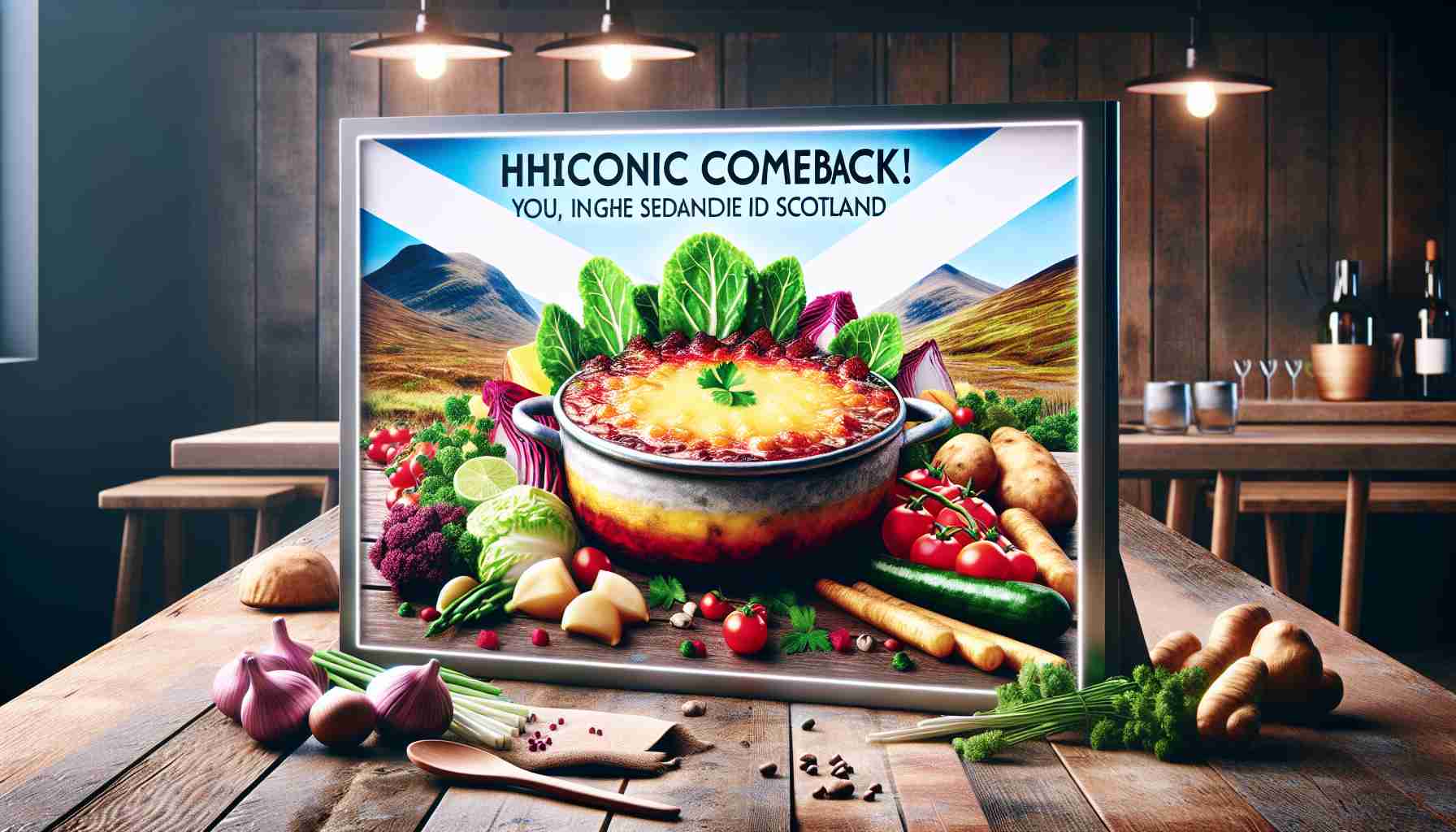Dreaming of Your Own Cookbook? Uncover the Secrets to Starting Now
Your Cookbook Journey Starts Here
If you have a passion for cooking, the idea of creating your own cookbook might have crossed your mind. However, the process extends beyond simply compiling recipes. There are typically two distinct types of cookbooks: one meant as a personal gift filled with cherished family recipes and another designed for sale, which requires a unique narrative and a clear target audience.
Identifying your audience is essential. Knowing whether you’re addressing inexperienced home cooks or busy parents craving quick meal solutions will shape how you communicate. Describing the significance of each recipe can transform cooking into a personal experience for readers.
One fundamental step is to ensure your recipes have been tested thoroughly. Authors often seek feedback from friends, especially those with less experience, to enhance clarity and effectiveness in the recipes provided.
Enlisting the help of experienced editors can also be incredibly valuable. These professionals can assist with everything from refining your book’s theme to polishing the recipes, ensuring they meet the needs of your intended readers.
There’s an option to self-publish if traditional publishing paths seem daunting. Many aspiring authors find success by utilizing available online resources and leveraging their social media presence to market their work.
Creating a cookbook is a labor of love, requiring resilience and dedication. If the journey gets tough, remember to stay committed and keep your creative doors open!
The Broader Impact of Cookbook Publishing
The act of creating cookbooks is not just a personal endeavor; it can have significant implications for society, culture, and the global economy. As culinary tastes evolve, cookbooks often serve as a barometer for broader food trends, reflecting the diverse influences of globalization and shifting consumer preferences. For instance, the rising popularity of plant-based diets has led to a surge in vegan cookbooks, promoting both a healthier lifestyle and sustainable eating practices.
Moreover, cookbooks can play a crucial role in cultural preservation. They often document traditional recipes and cooking methods that may otherwise fade into obscurity. By emphasizing local ingredients and heritage dishes, authors preserve and propagate their culture, influencing food practices across generations. This cultural exchange fosters understanding and appreciation of diverse cuisines, ultimately enriching the culinary landscape.
Looking ahead, the trend toward digital cookbooks — accessible via smartphones and tablets — points to a revolution in how we engage with recipes. This technology not only enables interactive cooking experiences but also opens doors for niche markets, catering to specific dietary needs and preferences.
Lastly, the environmental implications of cookbook publishing are noteworthy. As more readers become conscious of food sourcing and sustainability, authors have the opportunity to encourage responsible cooking practices. By advocating for seasonal, local ingredients, cookbooks can help reduce the carbon footprint associated with food production and transportation. Thus, cookbooks can be instrumental in shaping a more sustainable food future.
Unlock Your Culinary Creativity: The Ultimate Guide to Writing a Cookbook
Your Cookbook Journey Starts Here
Creating your own cookbook is an exciting venture that allows you to share your culinary passion with the world. While you may have considered compiling your favorite recipes, the process involves much more than gathering ingredients and instructions. Let’s delve into the key aspects of writing a cookbook, providing fresh insights and practical information for aspiring authors.
Types of Cookbooks
Cookbooks can generally be categorized into two types:
1. Personal Cookbooks: These are often heartfelt compilations filled with family recipes meant for gifting. They typically focus on tradition and nostalgia.
2. Commercial Cookbooks: Aimed at a broader audience, these require a well-defined narrative and an understanding of market trends. They often contain unique themes or concepts that appeal to specific demographics.
Understanding Your Audience
Identifying your target audience is crucial. Knowing whether you’re catering to novice cooks, busy parents needing quick meals, or gourmet enthusiasts will influence your writing style, recipe selection, and overall presentation.
# How to Identify Your Audience
– Conduct surveys or polls on social media to gauge interest.
– Analyze the types of cookbooks that are currently popular in the market.
– Engage with cooking communities online to understand their needs and challenges.
Recipe Development
One of the most critical elements of your cookbook is recipe testing. It’s essential that each recipe is thoroughly tested to ensure accuracy and deliciousness.
# Tips for Recipe Testing
– Enlist friends and family with varying cooking skills to test your recipes. Their feedback can provide valuable insights.
– Keep a detailed log of any changes made during testing for clarity in the final version.
– Use kitchen timers and measuring tools for precision.
The Importance of Editing
Working with an experienced editor can enhance your cookbook’s quality. Editors provide not just grammatical corrections, but also conceptual advice that can elevate your book’s narrative and thematic coherence.
Self-Publishing vs. Traditional Publishing
For many aspiring authors, the choice between self-publishing and traditional publishing can be daunting. Here’s a breakdown:
# Pros and Cons of Self-Publishing
Pros:
– Complete creative control over content and design.
– Higher profit margins per book sold.
– Faster time to market.
Cons:
– Requires a significant investment of time and energy in marketing.
– Responsibility for all editorial and production decisions lies with you.
Traditional Publishing:
– Access to a wider distribution network.
– Professional expertise in editing, design, and marketing.
– Potential for greater credibility.
Marketing Your Cookbook
In today’s digital age, leveraging social media for marketing is key. Platforms like Instagram and Pinterest are visually driven, making them perfect for showcasing culinary creations.
Innovations in Cookbook Publishing
Recent trends in the cookbook market reflect a growing interest in:
– Dietary specific cookbooks: catering to vegan, gluten-free, and keto communities.
– Interactive digital cookbooks: incorporating multimedia content for enhanced user experience.
– Subscription models: offering recipes and meal plans to subscribers monthly.
Sustainability Considerations
With a global focus on sustainability, consider integrating eco-friendly practices into your cookbook. This could involve:
– Sourcing local ingredients.
– Promoting seasonal cooking.
– Offering tips on reducing food waste.
Conclusion
Writing a cookbook is a thrilling creative journey filled with challenges and rewards. By understanding your audience, refining your recipe development process, and utilizing effective marketing strategies, you can successfully bring your culinary vision to life. Are you ready to embark on your cookbook adventure?
For more insights and resources on this topic, visit My Cookbook Journey.









